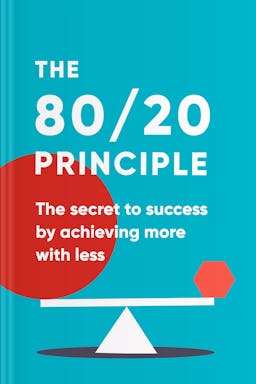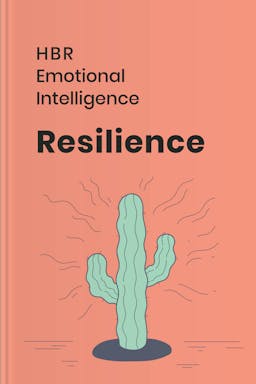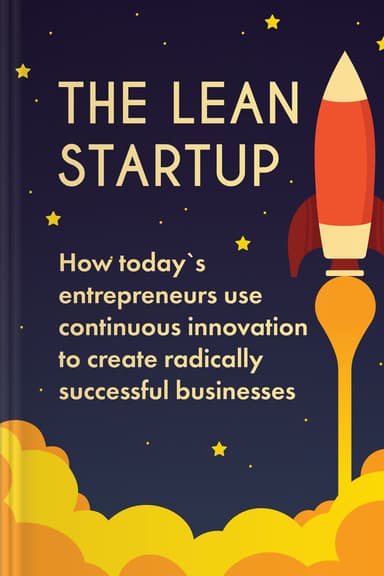
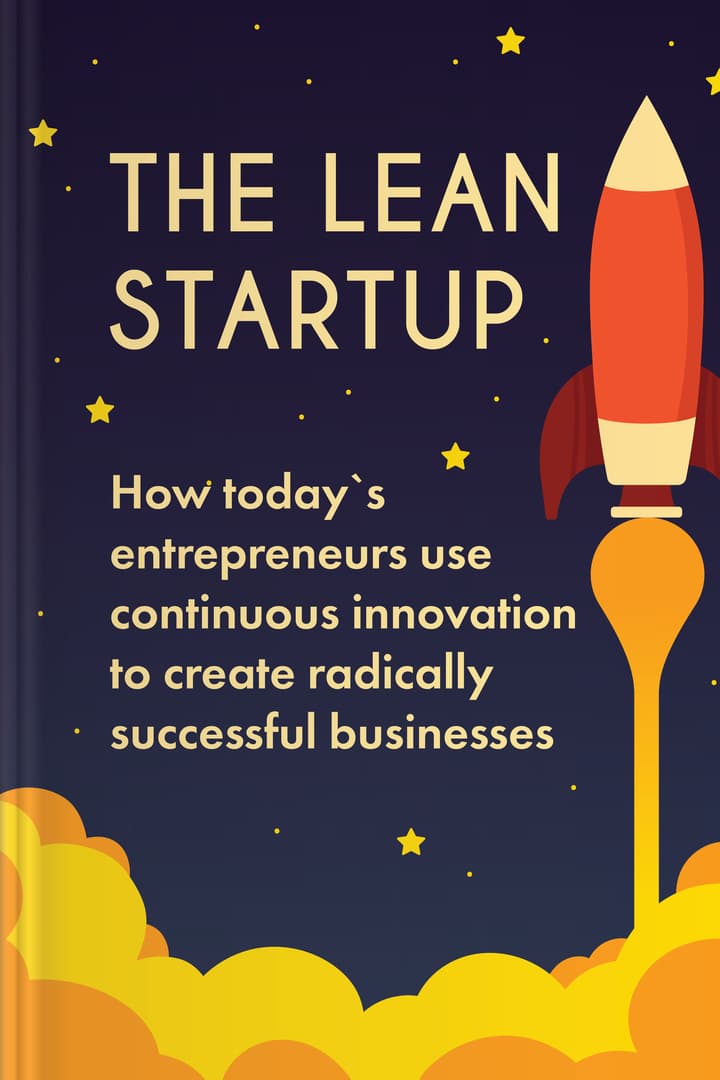
Summary of The Lean Startup
Short summary
Table of content
- Summary of The Lean Startup
- About the author
- What is The Lean Startup about?
- Who should read The Lean Startup
- Topics in The Lean Startup
The first thing required in building or starting a business is management
We have more entrepreneurs now than in the past, and this is as a result of modern management and technology, which many firms have been unable to manage. Also, we do not have an orderly management example for new innovative ventures.
Root Cause is a concept that took its name from the lean manufacturing revolution that Taiichi and Shingo are credited with developing at Toyota. It is aimed towards differentiating between value creation and waste in terms of resources, time, passion, and skill of people, and how to build quality products from inside out thereby allowing entrepreneurs make testable predictions.
The lean startup adapts two ideas in the context of entrepreneurship and they are:
• Entrepreneurs judging their progress differently from ventures.
• Products of high-quality physical goods measure growth in manufacturing.
There is also the startup system scientific learning, which is called “validated learning”. With this, they discover and eliminate any source of waste.
Secondly, the lean startup method is designed to teach how to start a startup; it helps entrepreneurs adjust their plans with the Build-measure-learn feedback loop. This enables you to know when to make a stop or when to move ahead.
Vision is the bedrock of every entrepreneur, after which is the strategy. Where there are setbacks, it is an opportunity to learn what to do to get a better result. All entrepreneurs, whether big or small, have a common trait which is acquiring new customers and serving the existing ones, but the challenge lies between balancing both.
Who, exactly, is an entrepreneur?

In a startup, learning is paramount for entrepreneurial innovation to survive
Experimentation is integral to the lean startup philosophy
The Build-Measure-Learn feedback loop is at the core of the Lean Startup model
First products are not meant to be perfect
Startups need a new kind of accounting geared especially toward disruptive innovation
Every entrepreneur eventually faces an overriding challenge in developing a successful product: deciding when to pivot and when to persevere
Lean Startups take advantage of the counterintuitive power of small batches
There are metrics startups should use to understand their growth as they add new customers and discover new markets
Investing in the right amount of process to keep teams nimble as they grow helps to build an adaptive organization
As startups grow into established companies, they face pressures that make it necessary to invest in disruptive innovation
As a movement, the Lean Startup must avoid doctrines and rigid ideology
Conclusion
What is The Lean Startup about?
Who should read The Lean Startup
Topics in The Lean Startup


Enjoy summarized nonfiction bestsellers
Grasp the book’s key ideas in less than 15 minutes
Get startedGet new knowledge easily
Let’s check how many titles you can finish in a month with Headway! Tell us how much time you’d like to spend on reading:











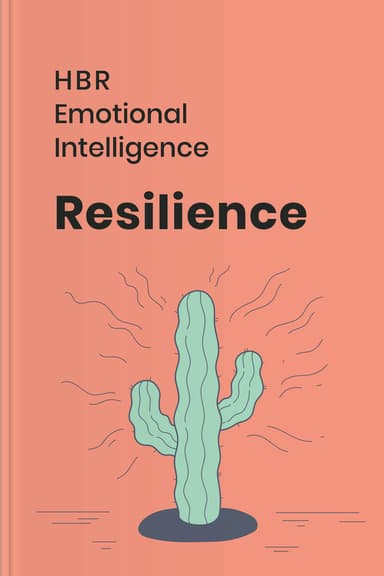





Join 30+ million learners around the world
Everything you need to be motivate, to learn & to self improves is all here. I actually do appreciate the reminders because otherwise this wouldn’t work for me. Thank you
Headway is the answer! No longer accumulating books I never read. With Headway, I initially chose the areas important to me such as productivity, time management, etc., and each day I'm provided several book summaries from which I devote 20 minutes or more each day reading. All of this on my phone! My life has improved with Headway. Truly my most useful app.
An excellent concept, executed well. Headway can help you retain what you've read while introducing you to the essential core of new information. It's an easier way to stay inspired, and to be reminded of the mental tools you've learned
In today’s world, we rarely have time. Between our jobs, our families are social obligations, when do we have time to grow and develop ourselves? Headway is an excellent app that gives you that time it gives you those little snippets of information that you need to direct your focus in on your life. Headway gives you a chance to find out the meat of a book that you might want to purchase and read or listen to in-depth without wasting a lot of time trying to figure out is this book for me? I highly recommend the app.
The selections are on point and the summaries are excellent! I listen while I walk my pup 🐶 and have in turn, ordered a few selections! REALLY loving the app, it’s layout, daily selections and features!
I've gotten multiple books out of the library with the intent to read them, but always have a hard time finding the time. This app has helped me finally be able to get to them. Summarized, yes, and thank goodness too! Just short enough I can finish one on my way picking kids up from school/practice, or while I'm cooking dinner. I can't wait to listen to them over the summer when we visit the beach!
It amazed me! There is the possibility to highlight the most important points of each book and instantly translate unfamiliar vocabulary. With the ability to review the searched words. It's a great way to learn more about English as well. The price is great.
I’m enjoying what I’m learning on headway.each summary comes with quotes at the end which you can save to help you remember key points. You can listen or read, I’ve found that reading puts me to sleep before I can finish but the listening feature keeps me engaged and I can finish in a brief amount of time if not one session.
The app it’s so easy to use. I use it while driving or cooking and is great. I love the fact that the chapters are short, so you can finish them quickly. Very knowledgeable.
The best app for self development.It helps to keep pace with your reading and also suggests the kind of reading material you might like.It is fun as you can switch from reading to listening and vice-versa as per your convenience .Just get started and partake of the treasure of knowledge at your fingertips .I feel lucky to have spotted the app.It has helped me become self-disciplined and much better informed.The audio track is excellent.
Exactly what I need! I always have booklist to read, but can't committed enough to finish/start bc of too much pages. Headway is really helpful and concise with their summary. What I love the most is that the essence of the book is well crafted, so I don't only read the key points, but also there's the story and how personality of the author still well shown through the summary. Well done!
This is outstanding best app ever and honestly whoever came up with is my app is an absolute genius kudos my gratitude definitely goes out and I’m only on my first week free trial and I’m certainly going to purchase this app annually. Now that I have it, I can’t even imagine living without it.












